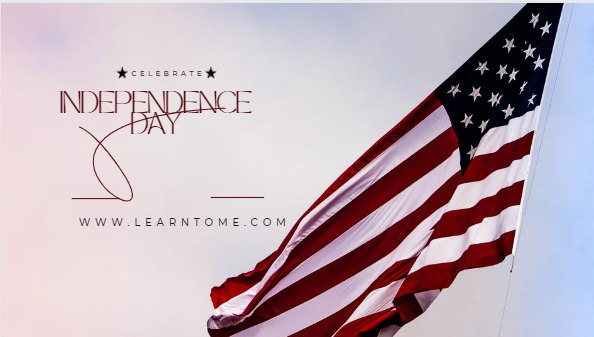Forensic psychology
Forensic psychology is the application of psychology to the legal system . The use of scientific knowledge and techniques to address legal issues in criminal, civil, contractual, or other court processes is known as forensic psychology.(Source: )[/2][/3] Research on several psychology-law topics, such as jury selection, minimizing systematic racism in criminal law, evaluating the credibility … Read more









